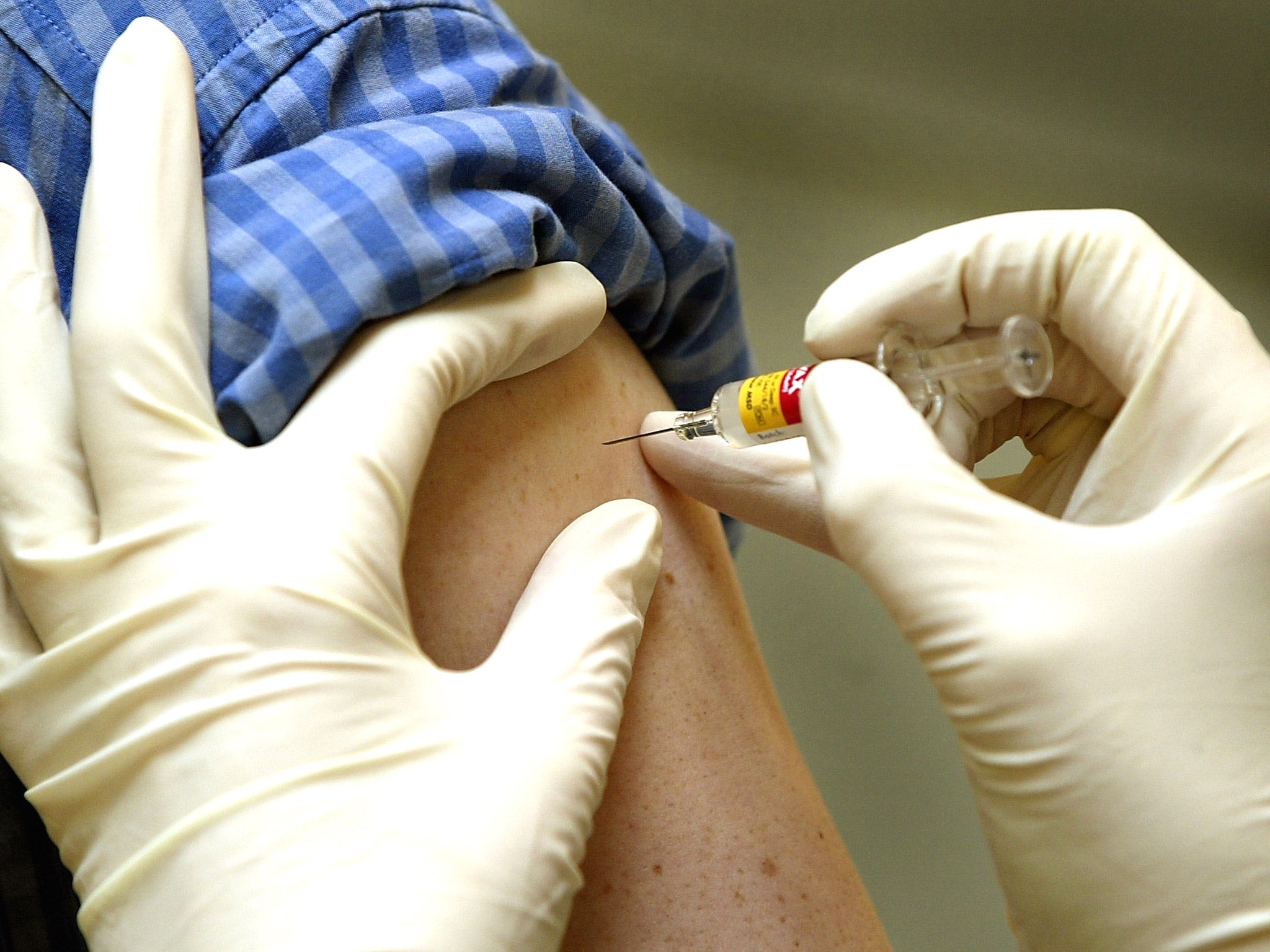Health experts to vote on whether to destroy the last few samples of smallpox

It was one of the biggest killers in human history and was also the only human viral disease to be eliminated globally by vaccination. Now health ministers from around the world will decide on whether to destroy the last two remaining laboratory samples of the variola virus, the cause of smallpox.
The General Assembly of the WHO will take a vote on Friday on whether to eradicate the variola virus completely and forever by ordering the incineration of stockpiles in Russia and the United States, which are kept under an agreement signed in 1983 when Ronald Reagan was US President and the Soviet Union was still a country.
Recent tensions between the US and Russia over Ukraine are likely to increase suspicions between these former Cold War adversaries over whether they can trust one another to completely destroy all smallpox stocks on their territories without keeping something in secret.
However, some commentators are pressing the WHO to take the bold step of finally ordering the virus’s total destruction – which it can do legitimately given that it has technical guardianship over both official stockpiles.
“If they are sensible and pragmatic, they will destroy it, which is something that they should have done some time back. This is a chance to show that the WHO is moving with the times,” said Gareth Williams, emeritus professor of medicine at Bristol University of author of The Angel of Death, a history of smallpox.
“If the decision was based on hard science, the virus would have been destroyed years ago. The thing is extinct in the wild and should be extinct everywhere else. I think this is a time for the WHO to make a ‘grand geste’,” Professor Williams said.
Smallpox was one of the most feared infectious diseases and killed an estimated 300 million people in the 20th Century alone. It is easily transmitted through the air and there is no effective treatment, although it can be prevented by vaccination, which was how it was finally eradicated in 1980.
Laboratory stockpiles around the world were either destroyed or handed over to the WHO, which compiled a library of strains and divided it equally between Russia’s State Research Centre for Virology and Biotechnology in Koltsovo, Novosibirsk and the US Centers [correct] for Disease Control and Prevention (CDC) in Atlanta, Georgia.
The WHO’s General Assembly has met six times before to agree a date on variola virus destruction but each time deferred the decision. However, this time there are powerful voices supporting the bid to have the two stockpiles destroyed and for variola to be permanently wiped from the face of the earth.
“Let’s destroy the virus and be done with it,” said Donald Henderson, the veteran American physician and epidemiologist who led the WHO’s global eradication campaign against smallpox in the 1960s.
Professor Geoffrey Smith of Cambridge University, who chairs the WHO’s advisory committee on variola virus research, said that he is personally in favour of destroying the virus but that some nations still want the decision deferred until further research has been done.
“I think it’s unlikely that all nations will agree to the destruction of the virus yet, but I think the majority will,” Professor Smith said.
Other scientists believe that having access to live variola virus is still necessary given recent advances in synthetic biology, which has made it conceivable to engineer new and even deadlier strains of variola.
“Despite significant advances, there is more work to be done before the international community can be confident that it possesses sufficient protection against any future smallpox threats,” said Inger Damon, a variola virus expert at the CDC, and two of her colleagues in a recent commentary published in the journal PloS Pathogens.
“We argue that the research agenda with live variola virus is not yet finished and that significant gaps still remain,” they said.
Join our commenting forum
Join thought-provoking conversations, follow other Independent readers and see their replies
Comments
Bookmark popover
Removed from bookmarks